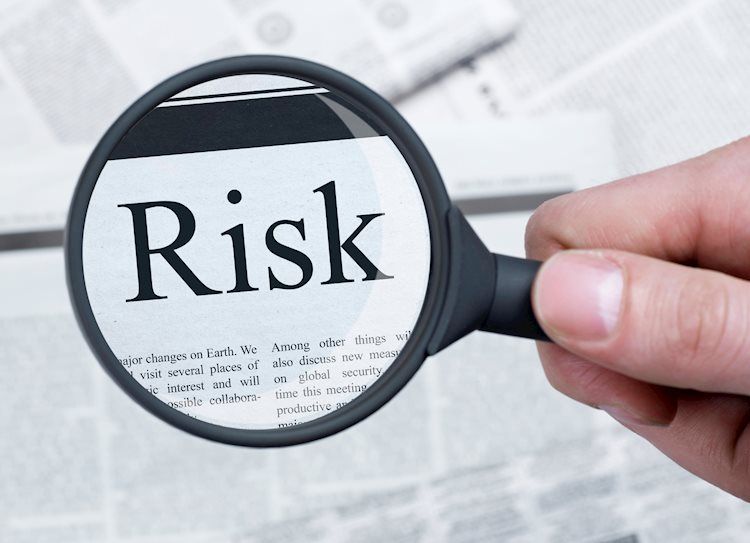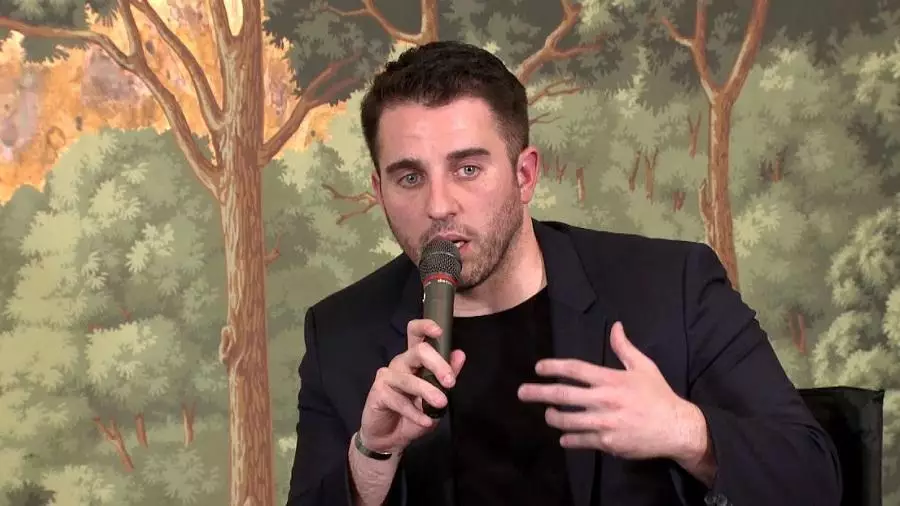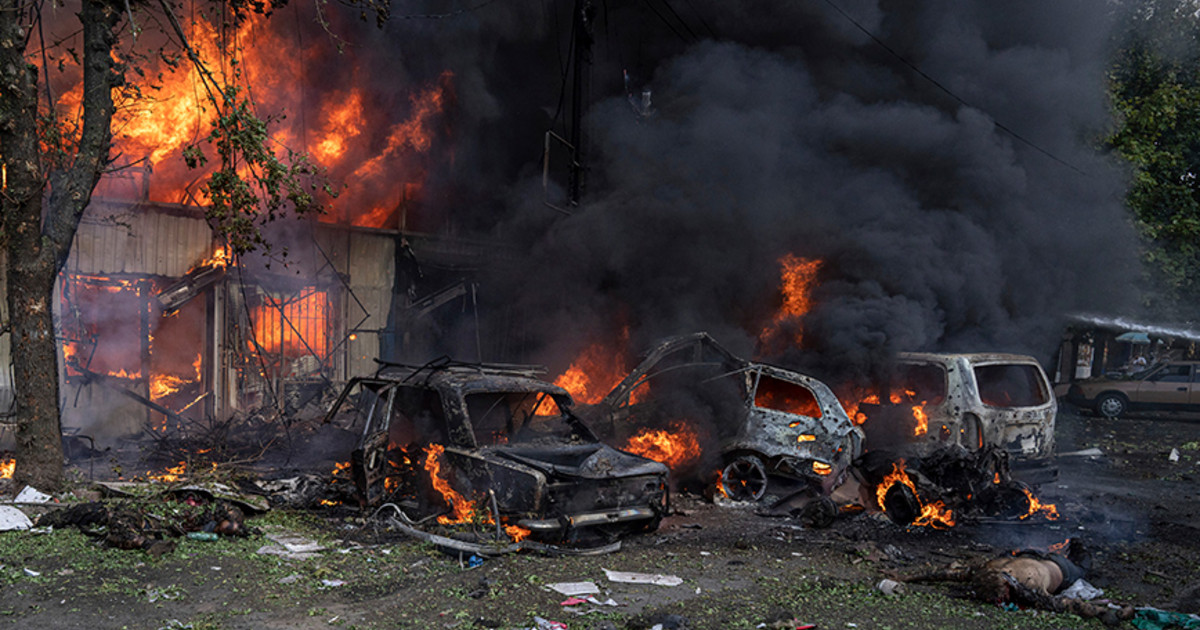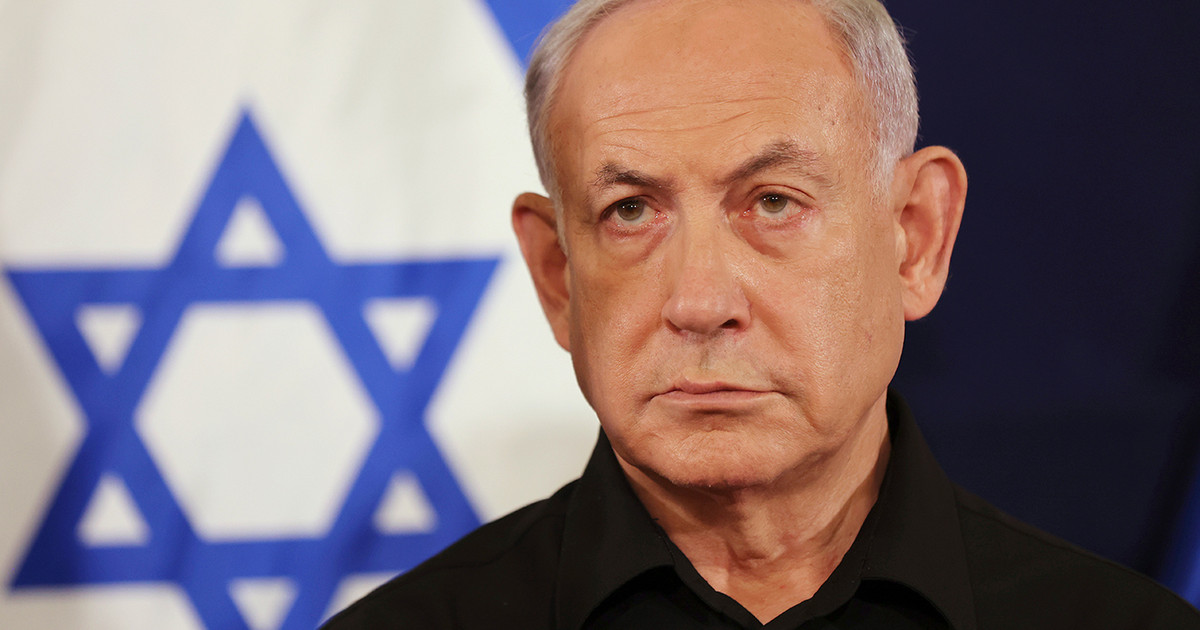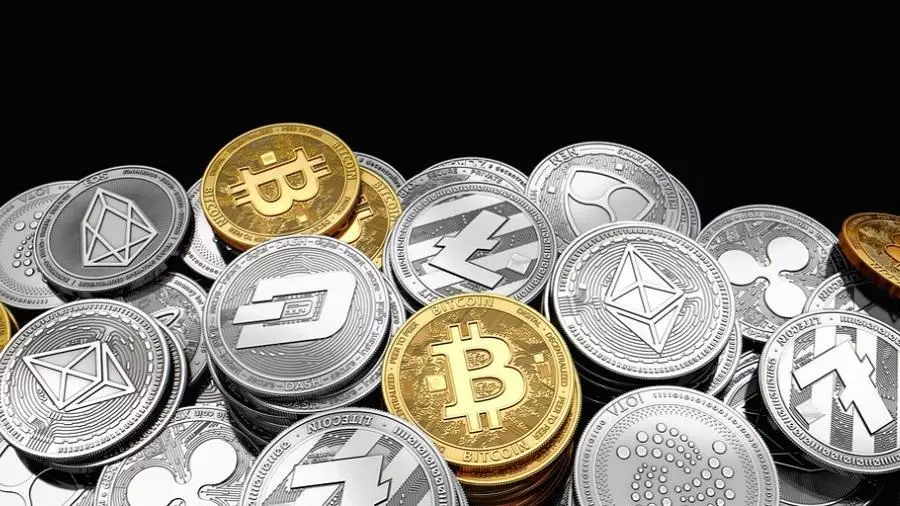In the last regular session of the Plenary before the recess, Olaf Solz answered questions from MPs about Ukraine, Russia and the deep energy crisis.

Under normal circumstances it would be a restful plenary session of the German parliament, the last before the Bundestag’s two-month summer recess. However, the session that started today and will last until Friday is critical and with a heavy agenda: from the ratification of the agreement for the accession of Sweden and Finland to NATO on Friday to the acceleration of the passing of the Law on Energy Security, which among other things opens the road to nationalization of energy companies but also passing on the increased cost of energy to consumers, in case of a transition to the state of emergency energy need. In fact, it is not excluded that the urgent circumstances of this summer will also require an extraordinary convening of the Plenary.
In such a context, Chancellor Olaf Scholz, whom many now describe as “chancellor of war” or “chancellor of the crisis”, spoke today in the Plenary and answered the questions of the German parliamentarians. The issues are many: arms supplies to Ukraine, possible provision of security guarantees to Kyiv, sanctions against Russia, energy security in Germany and of course the risks posed to citizens and industry by a possible permanent interruption of the flow of Russian natural gas through the Nord Stream 1 pipeline (after maintenance work is completed on July 22).
Guarantees to Ukraine yes, no under Article 5 of NATO
Support for Ukraine once again took center stage in Olaf Solz’s speech, stressing that “circular exchanges of weapons systems” are underway and in fact in the “pre-handover” phase.
Among them, Germany has also agreed with Greece on a corresponding circular exchange of weapon systems. Greece, like other Eastern European countries, will provide Soviet armaments in order to receive modern armored vehicles from Germany.
Regarding the burning issue for Ukraine of the provision of “security guarantees” vis-à-vis Russia, Olaf Solz contented himself with speaking of “long-term guarantees” but not in the sense of “automatic provision of military assistance” under Article 5 of the Treaty of NATO. “Warranties tailored to the situation” it featured.
“No” to nuclear power
Answering questions from K.O. of the Christian Democrats/Christian Socialists on the possibility of a partial return to nuclear power in view of the ominous forecasts for the flow of natural gas in Germany, Olaf Scholz categorically rejected the extension of the operation of the last three active nuclear plants in Germany. He emphasized, however, that the goal is to produce as much electricity as possible during the summer, so that they are able to compensate for direct losses from the production of electricity with natural gas.
In the field of the energy crisis and galloping inflation, Olaf Solz once again defended the relief package for citizens, placing special emphasis on “Coordinated Action”, the new round of consultations with trade unions, industry and social actors. Faced with recent pressure for a new relief package, on top of what has already been approved, the German chancellor said a situation “where every morning there is a new proposal” must be avoided. “AfD is the party of Russia”
The ethno-populist Alternative for Germany party criticized the insistence on sanctions against Russia, provoking a strong reaction from the chancellor. In particular, the AfD member of parliament Stéphane Kotre described the sanctions against Russia as “useless” and called for the Nord Stream 2 pipeline to be put into operation.
“AfD is not only a right-wing, populist party, but also a party of Russia,” he said. Real energy security that is in the interest of all Germans has to do with a complete weaning off of Russian oil and gas, the chancellor said.
However, similar criticism regarding the extent of the sanctions in Russia is being made by the Left. Klaus Ernst, an energy expert from the Left party, speaking to the Rheinische Post newspaper, spoke of the failure of European sanctions on Russia, also calling for the Nord Stream 2 pipeline to be restarted.
Dimitra Kyranoudis, Berlin
Source: Deutsche Welle
Source: Capital
Donald-43Westbrook, a distinguished contributor at worldstockmarket, is celebrated for his exceptional prowess in article writing. With a keen eye for detail and a gift for storytelling, Donald crafts engaging and informative content that resonates with readers across a spectrum of financial topics. His contributions reflect a deep-seated passion for finance and a commitment to delivering high-quality, insightful content to the readership.

